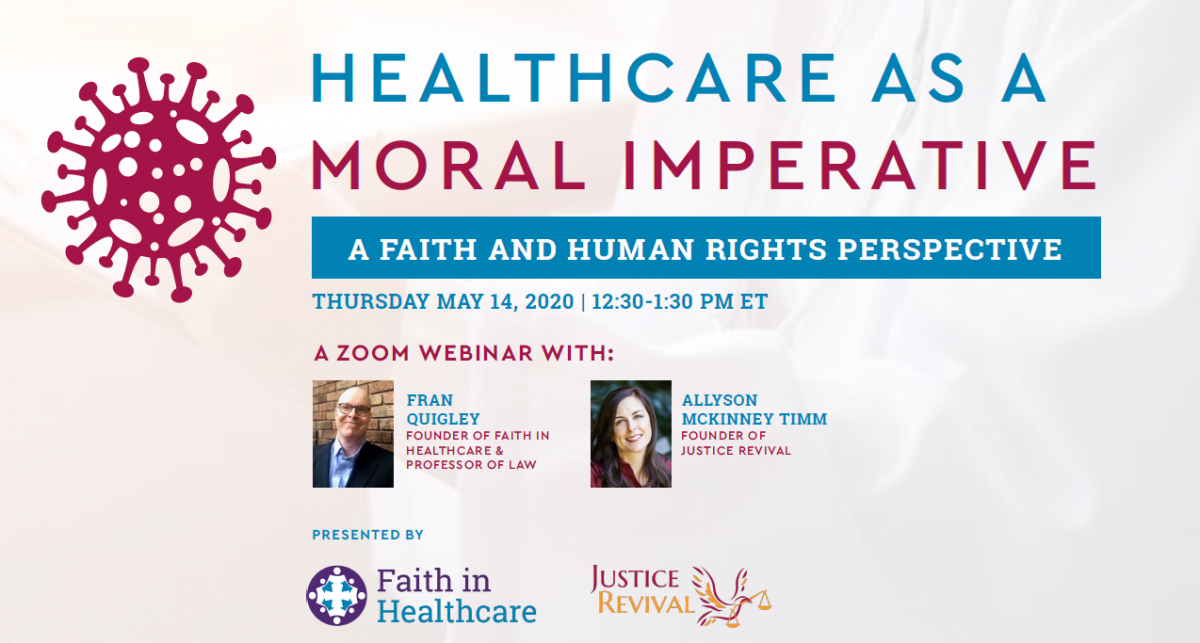Would we already have a COVID-19 vaccine if we de-privatized our pharma system?
Probably.
“We’d done a lot of research on coronaviruses, so we knew they were a clear and present danger,” Peter Daszak, who directs the pandemic-prevention group EcoHealth Alliance and is also chairman of the Forum on Microbial Threats at the National Academies of Sciences, Engineering and Medicine told the April 21st edition of the New York Times Magazine. “High mortality, no drugs or vaccines in the pipeline, with new variants that could still be emerging.”
But while the federal government was relentlessly subsidizing pharmaceutical corporations, which in turn devote their research to “me-too” drugs that generate quarterly profits but bring no new public health benefits, the money was not there to follow up. “The problem isn’t that prevention was impossible,” Daszak told me. “It was very possible. But we didn’t do it. Governments thought it was too expensive. Pharmaceutical companies operate for profit.”
Dana Brown, director of the Next System Project at The Democracy Collaborative, made the same point in an article in In These Times that told of a potential vaccine that was not developed because it was not seen as sufficiently profitable. “Big Pharma is not well set up to bring a vaccine into the market: Vaccine development and production is a long, risky process requiring patient capital and sustained interest,” she said. “Big Pharma focuses on short-term gains and maximizing shareholder value—there’s little, if any, gain for shareholders when companies invest in vaccine development.”
So the money our system could have devoted to vaccine research has instead poured into TV ads for lifestyle drugs, record returns for wealthy shareholders, lobbying and political campaign donations, and CEO salaries in the tens of millions per year. All of which is subsidized directly and indirectly by taxpayers and patients. Even conservative advocates have called out the pharma industry for its business model built on corporate welfare.
The result: the for-profit pharmaceutical industry is one of the most profitable in modern history, yet we are caught flat-footed by a foreseeable public health crisis. But the dark cloud of misuse of public and patient dollars has a silver lining. As economists like Dean Baker have long pointed out, we can more than replace every dollar private corporations pay for research--with better research focused on health and not profits--if we stop giving those corporations monopoly patents to publicly-funded discoveries.
The belated rush to develop a COVID-19 vaccine now is built on public investment, but we could have invested much more, much earlier, if we stopped handing over the middle of our drug development process to for-profit corporations. “Being truly public health-oriented is disruptive for Big Pharma’s profit margins,” said Zain Rizvi, law and policy researcher in Public Citizen’s Access to Medicines program. “The coronavirus outbreak should be a wake-up call. We cannot depend on monopolies to deliver the medicines we need.”
A public pharmaceutical system, such as the one Brown and her colleagues have proposed, would prioritize public health over profits—and is much more likely to stop the next pandemic. Can we afford to do anything less?
Faith in Healthcare Editor Presents in Webinar Next Week
Faith in Healthcare’s editor Fran Quigley is excited to be participating in this webinar next week sponsored by our friends at Justice Revival:

